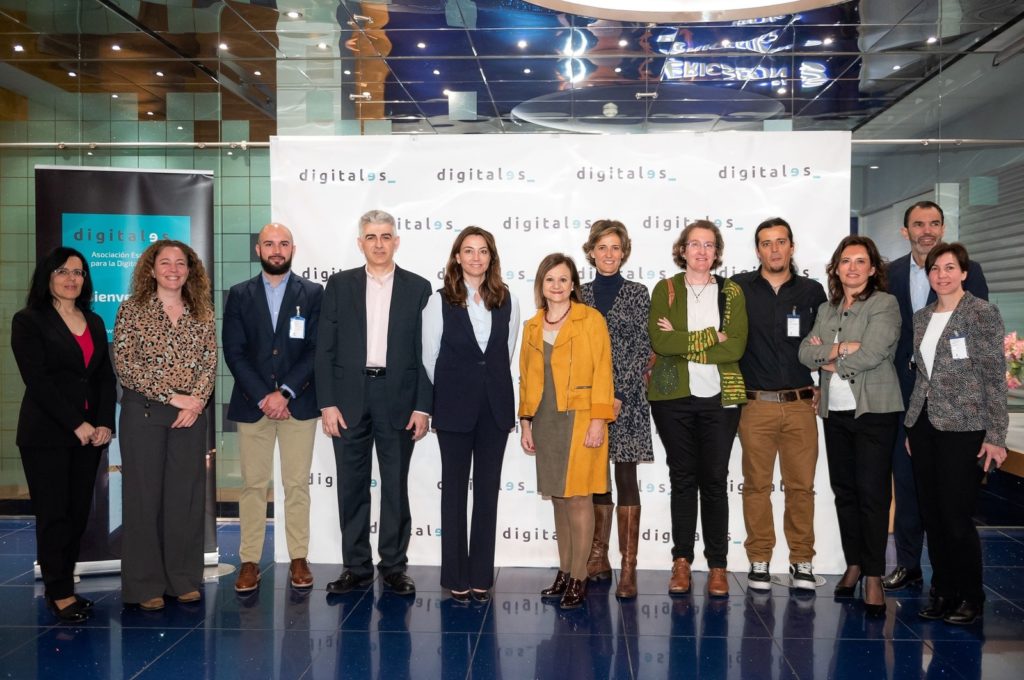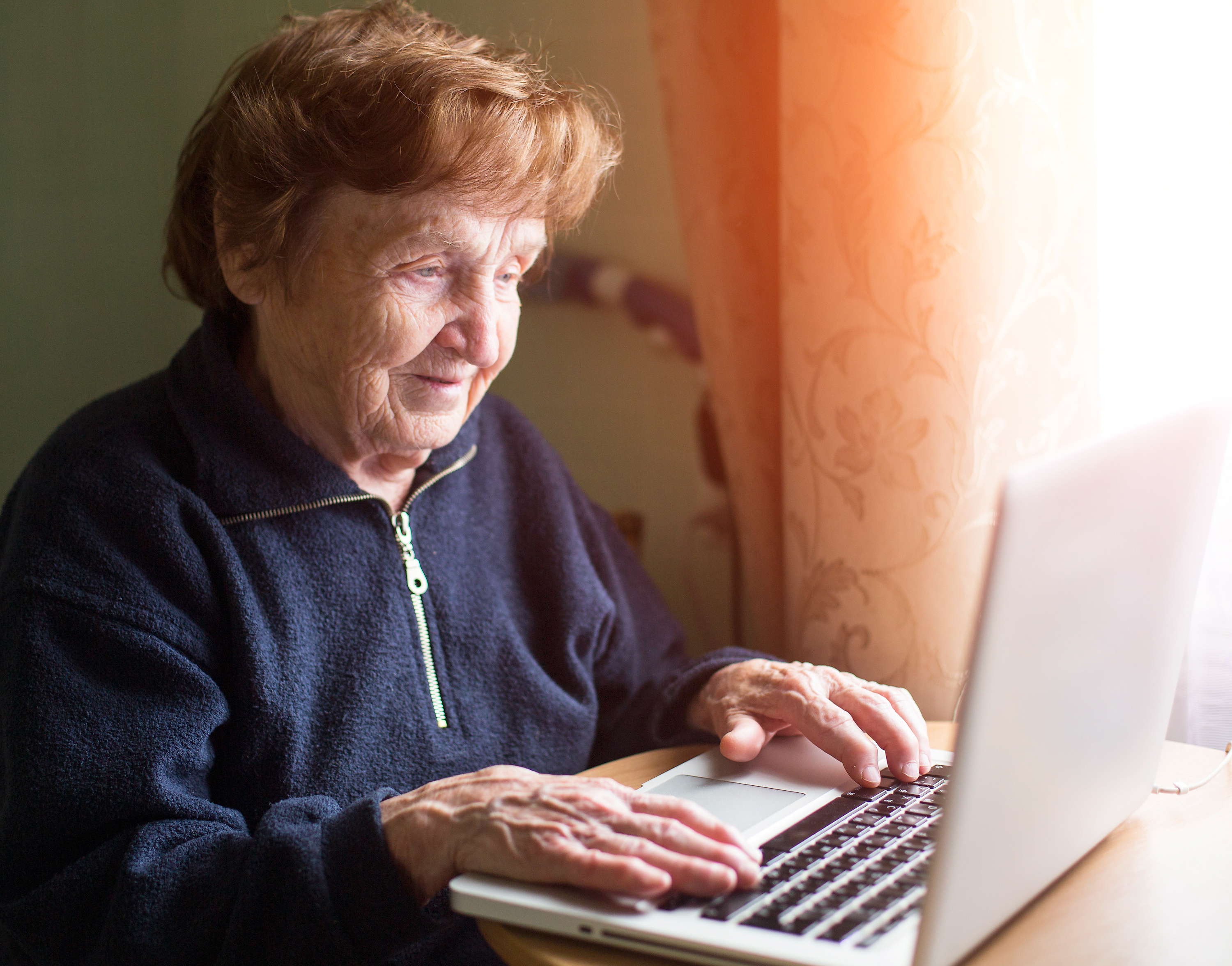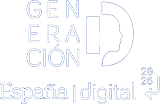26/04/2019
Stroke is the world’s leading cause of disability in adults and the leading cause of death among women worldwide. A chilling fact that, however, is unknown to most of the population, who have not even considered what to do if faced with a risky situation, where the first 4 hours are vital for survival.
Challenges like these are faced by technology companies that develop social responsibility projects to make the world a better place to live in, whether helping in emergency situations, in the face of medical incidents or trying to alleviate inequality.
At the last DigitalES IN Forum -the space organized by the Association to share knowledge and present disruptive projects-, we met 9 technological projects in the field of solidarity and social responsibility. As these projects show, 5G, geolocation, Bluetooth and artificial intelligence can do a lot to help society.
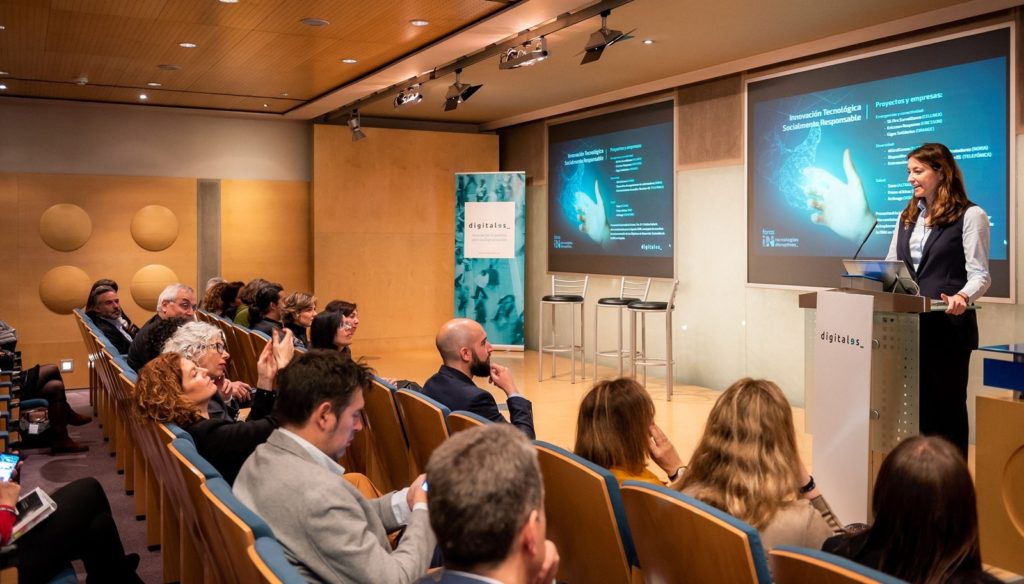
This is the case, for example, of the Project SANAdeveloped by Altran, which monitors and controls stroke therapy through an EEG helmet and garment and transmits it to a central acquisition system, which in turn processes the data and transmits it to the specialist to improve the effectiveness of the therapy.
The Freno al Ictus project is part of the fight against this disease. Despite its prevalence, there is very little data on this disease. To collect them, IBM has been using a chatbox using its Watson Assistance cognitive service for the past 3 years.
Activage Project, which uses 4,500 sensors and the opportunities offered by the Internet of Things to monitor the lives of 1,600 people over the age of 60 in Galicia, is also active in the field of health. The aim of this Vodafone-driven project is to support and extend the independent living of the elderly in their environments.
Emergencies and connectivity
Cellnex puts 5G at the service of firefighting. This is the premise of its Fire Surveillance project, developed with the help of MWC Barcelona, Sitep and Masmovil. It facilitates and optimizes fire management by capturing, processing and transmitting data such as heat maps, geo-localized images and equipment locations, which are transmitted to emergency crews in real time using drones and dedicated broadband.
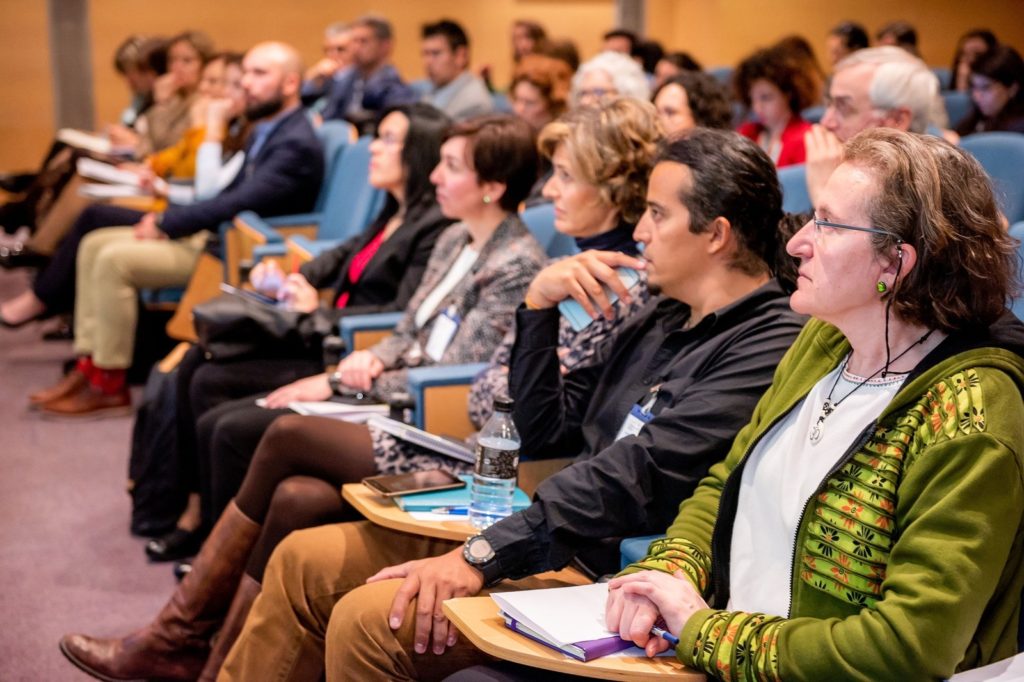
Ericsson Response is the Swedish company’s corporate volunteer program for natural disasters and emergencies. More than 40 operations in over 30 countries providing Internet and connectivity where it is most needed.
Gigas Solidarios is an Orange initiative that offers free connection and a Tablet to vulnerable families in Spain. Gigas Solidarios already provides Internet access to 920 families, thanks also to the support of customers, who can donate their surplus gigabytes to others in need.
Diversity
In the field of diversity, Telefónica explained Movistar 5S, the first television in the world to offer accessible content for deaf and blind people, while Everis presented #girlsgonna, a platform to combat gender bias and promote STEM education among girls.
Finally, we discovered the abuser tracking device developed by Nokia. A device that uses Bluetooth so as not to depend only on GPS in places without coverage such as a shopping center parking lot. When the abuser is less than 500 m away. The victim’s name is automatically recorded and a video and audio recording is sent directly to the authorities and pre-established contacts.
The day was inaugurated by Cristina Gallach, High Commissioner for the 2030 Agenda, in charge of coordinating the implementation of the UN Sustainable Development Goals in Spain, the international and universal agenda to achieve a fairer and more sustainable world by 2030. Gallach stressed that technological progress must be «at the service of society as a whole» and that «it must be the welfare of citizens that drives technological development». In this sense, he praised the «effort» of these companies in «involving society» in these advances.
